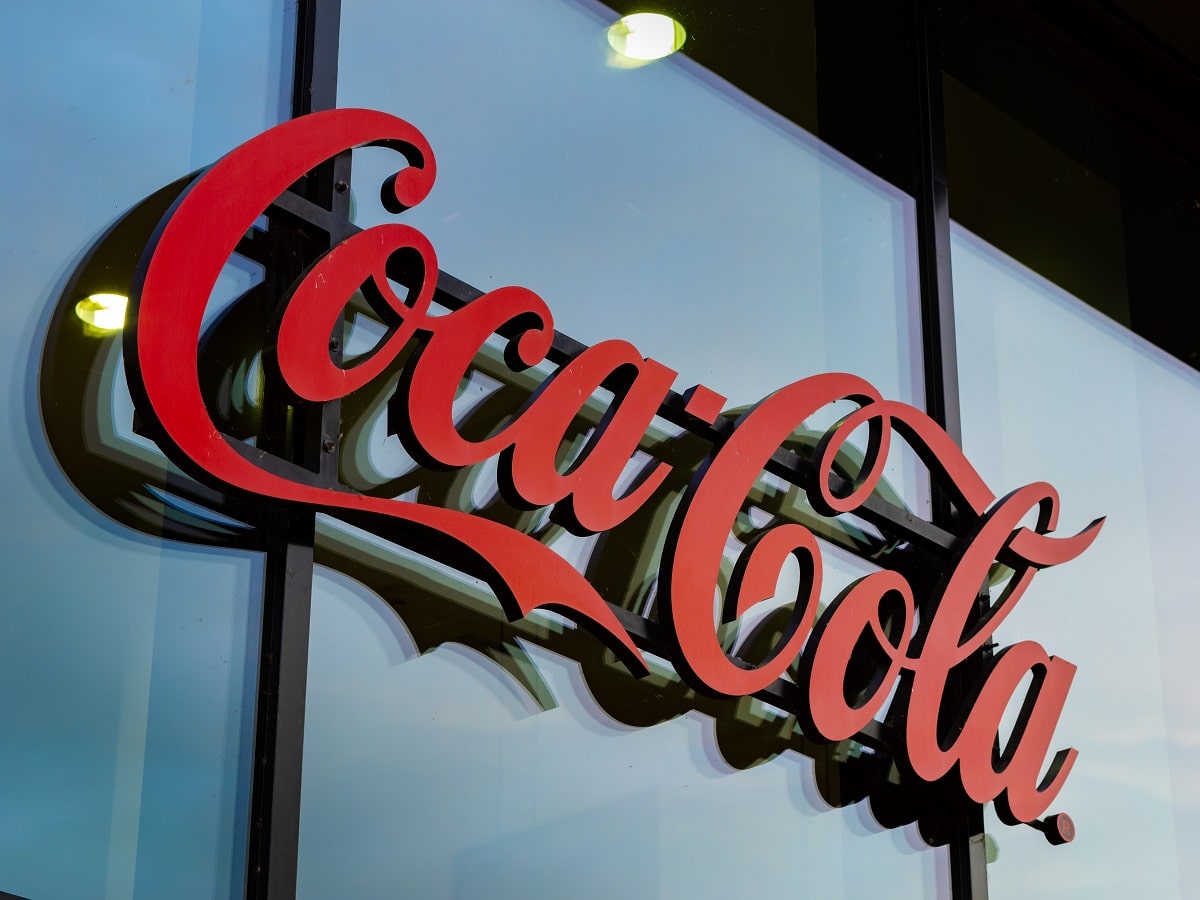The world’s biggest carbonated beverage provider is appealing a federal court ruling forcing them to pay billions in back taxes to the IRS.
Coca-Cola vs. the IRS
Coca-Cola Co. has announced its intentions to repay $6 billion in back taxes to the Internal Revenue Service, even as it attempts to appeal a federal tax court decision.
17 Years Back
The legal dispute between the beverage giant and the IRS goes back 17 years and involves tax discrepancies dating between 2007 and 2009, according to reports from the Associated Press.
Tax Avoidance?
A US Tax Court judge ruled in favor of the IRS, which has claimed for almost a decade that the Atlanta-based corporation has avoided paying its full US tax obligations by utilizing overseas subsidiaries.
$3.3 Billion in Back Taxes
A lawsuit dating back to 2015 shows that the IRS was seeking back taxes from these years worth approximately $3.3 billion.
Foreign Transfer Pricing
This amount was based on an audit that appeared to show that the company had implemented foreign transfer pricing to avoid paying higher taxes.
Tax Accounting Strategy
Transfer pricing is an accounting practice that “refers to the prices of goods and services that are exchanged between companies under common control” and is often used by corporations to save on taxation, according to the Corporate Finance Institute.
Two-Sentence Ruling
After years of dispute, U.S. Tax Court Judge Albert Lauber released a two-sentence decision finalizing the 2015 lawsuit.
Coca-Cola Claims Misinterpretation
Coca-Cola plans to fight the ruling. It has defended its tax record and claimed that both the IRS and federal tax court have misinterpreted the tax regulations relevant to the case.
Looking Forward to Appeal
“The company looks forward to the opportunity to begin the appellate process and, as part of that process, will pay the agreed-upon liability and interest to the IRS,” the company said in a public statement on Friday.
Shifting Rules
In the same statement, Coca-Cola accused the IRS of changing the goalposts for the company’s taxation, implementing new rules over how the company could calculate its income from international affiliates.
No Prior Notice?
These rules were allegedly made by the IRS without giving the company prior notice. During the 2015 lawsuit, Coca-Cola claimed it had been using the same methods for foreign affiliate income for almost 30 years with no issues.
90 Days to Request a Review
Coca-Cola now has 90 days to request a review of the ruling from the federal appellate court, and it remains confident in its ability to surmount the legal dispute.
Expecting Success
If the appeal is successful, the company expects to receive a refund of “some or all of (the $6 billion), plus accrued interest,” according to the statement.
Filing With the SEC
In its most recent filing with the Securities and Exchange Commission on Monday, the company also supplied some guidance for investors as part of its quarterly report.
Guidance for Investors
The report gave an indication of how a failed appeal would affect the company financially, as well as reiterating its conviction that the Tax Court and IRS “misinterpreted and misapplied the applicable regulations in reallocating income earned by the company’s foreign licensees.”
Updated Tax Reserves
The company also increased its tax reserves from $438 to $456 million in the event that its appeal fails.
More Legal Issues
The tax court ruling is not the only legal issue Coca-Cola Co. has found itself embroiled in recently. This week the company’s Nigerian subsidiary has been accused of misleading customers and and employing unfair marketing tactics in the African nation.
Accusations in Nigeria
Nigeria’s Federal Competition and Consumer Protection Commission, FCCPC, has issued a formal indictment of Coca-Cola Nigeria Limited (Coca-Cola) and the Nigerian Bottling Company Limited (NBC) over the issues.
Misleading Marketing
The Commission “has entered, issued and served its Final Order on Coca-Cola and NBC,” alleging that the companies mislead customers into believing that the product Coca-Cola Original Taste is the same as Coca-Cola Original Taste ‘Less Sugar,’ and using packaging for the two products that were “not sufficiently distinguishable” from one another.
No Response Yet
So far, Coca-Cola Co has not publicly responded to the warnings and accusations filed against them by the FCCPC.
Featured Image Credit: Shutterstock / Felix Geringswald.
The content of this article is for informational purposes only and does not constitute or replace professional financial advice.
The images used are for illustrative purposes only and may not represent the actual people or places mentioned in the article.

